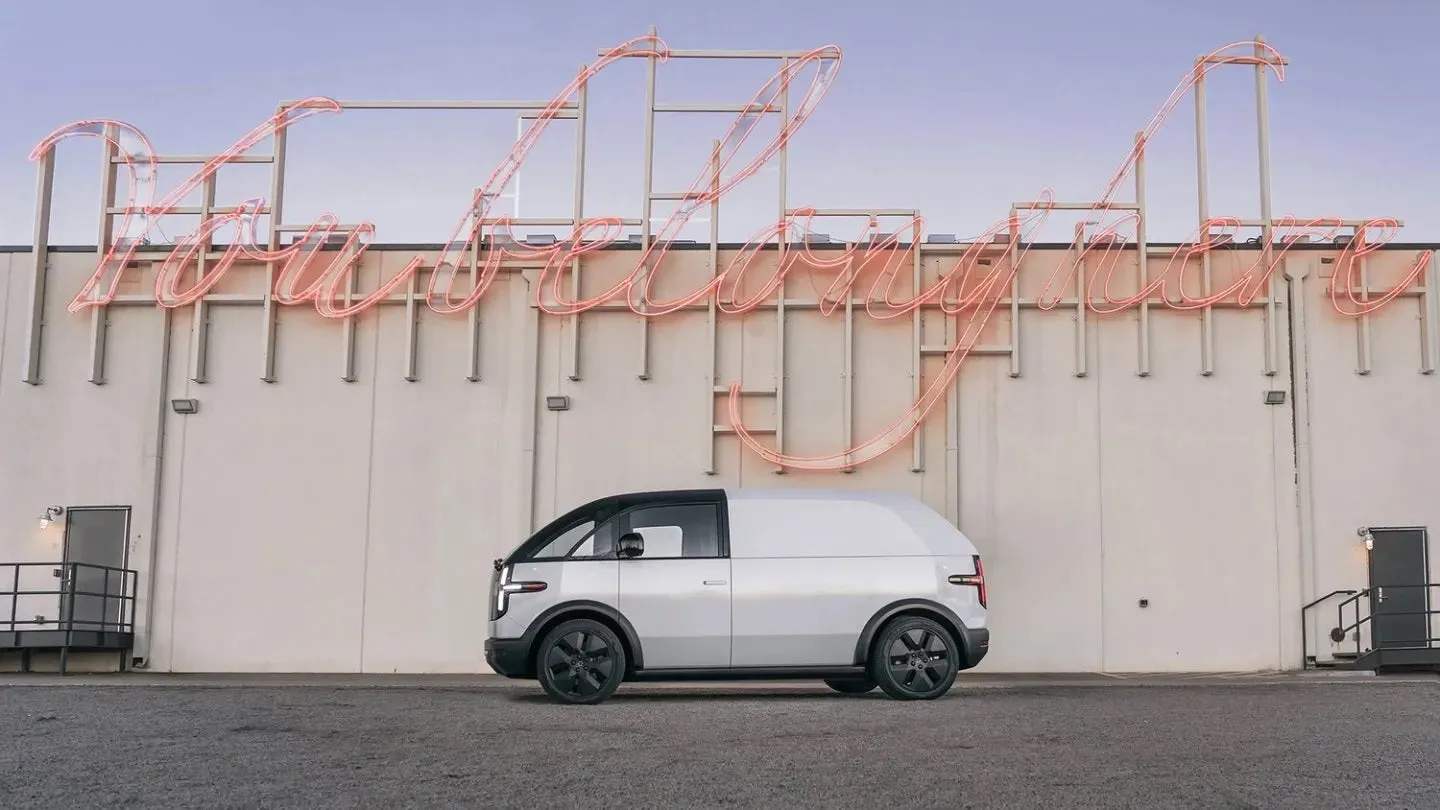Canoo Inc: The Electric Revolution You Didn’t See Coming!
In the fast-paced world of electric vehicles, Canoo Inc. emerged as a beacon of innovation, promising to revolutionize transportation with its unique approach to electric mobility. Founded in 2017, the California-based startup captured the imagination of tech enthusiasts and automotive investors with its radical design philosophy and ambitious vision.
The story of Canoo is a testament to the volatile nature of the electric vehicle (EV) industry – a rollercoaster ride of potential, promise, and ultimately, profound disappointment. The company’s innovative “skateboard” platform allowed for unprecedented vehicle flexibility, conceptualizing everything from sleek lifestyle vehicles to practical delivery vans that seemed to challenge traditional automotive design.
A Dream Derailed
Canoo’s journey was marked by several key milestones that painted a picture of both potential and precariousness:
- Innovative vehicle design with modular platform
- Partnerships with prestigious organizations like NASA
- Ambitious plans for large-scale manufacturing
- Struggles with financial sustainability
The company’s financial trajectory told a stark story of challenge and limitation. Despite initial excitement and promises of $100 million in funding, Canoo struggled to translate its innovative concepts into market success. By 2023, the company had reported a mere $886,000 in net revenue, delivering just 22 vehicles while simultaneously incurring significant expenses.
“The electric vehicle market is unforgiving to those who cannot scale quickly and efficiently.” – Industry Analyst
The Final Chapter
On January 19, 2025, Canoo filed for Chapter 7 bankruptcy, marking the end of its tumultuous journey. The bankruptcy filing revealed a financial landscape that told a sobering story:
- Assets: $126 million
- Liabilities: Over $164 million
- Vehicles Delivered: Barely two dozen
The company’s headquarters had become a symbol of its instability, shifting from California to Bentonville, Arkansas, and finally to Justin, Texas. Legal challenges, including disputes with former executives and investors, further complicated its already challenging path.
Lessons from the Fallout
Canoo’s story is more than just another startup failure. It represents a broader narrative about the extreme challenges facing electric vehicle manufacturers. The company’s ambitious plans – including a manufacturing facility capable of producing 300,000 vehicles annually – never materialized.
The U.S. Department of Defense contract and plans for battery production in Pryor, Oklahoma, ultimately could not save the company from its financial predicament. CEO Tony Aquila’s leadership and the associated expenses became a point of scrutiny, with reports suggesting that costs related to private aircraft nearly quadrupled the company’s meager revenue.
The Bigger Picture
While Canoo’s demise is tragic, it is not unique. The electric vehicle landscape is littered with the remnants of startups that failed to bridge the gap between innovative concept and market viability. Competitive pressures, financial constraints, and the complexity of automotive manufacturing continue to challenge even the most promising EV entrepreneurs.
Conclusion
Canoo Inc. will be remembered as a bold experiment in electric vehicle design – a company that dared to reimagine transportation but ultimately could not overcome the systemic challenges of the industry. Its story serves as a critical case study for future entrepreneurs and investors in the rapidly evolving world of electric mobility.
The electric revolution continues, with or without Canoo.
Disclaimer: This article is based on available public information and news reports as of January 2025.






Leave a Comment